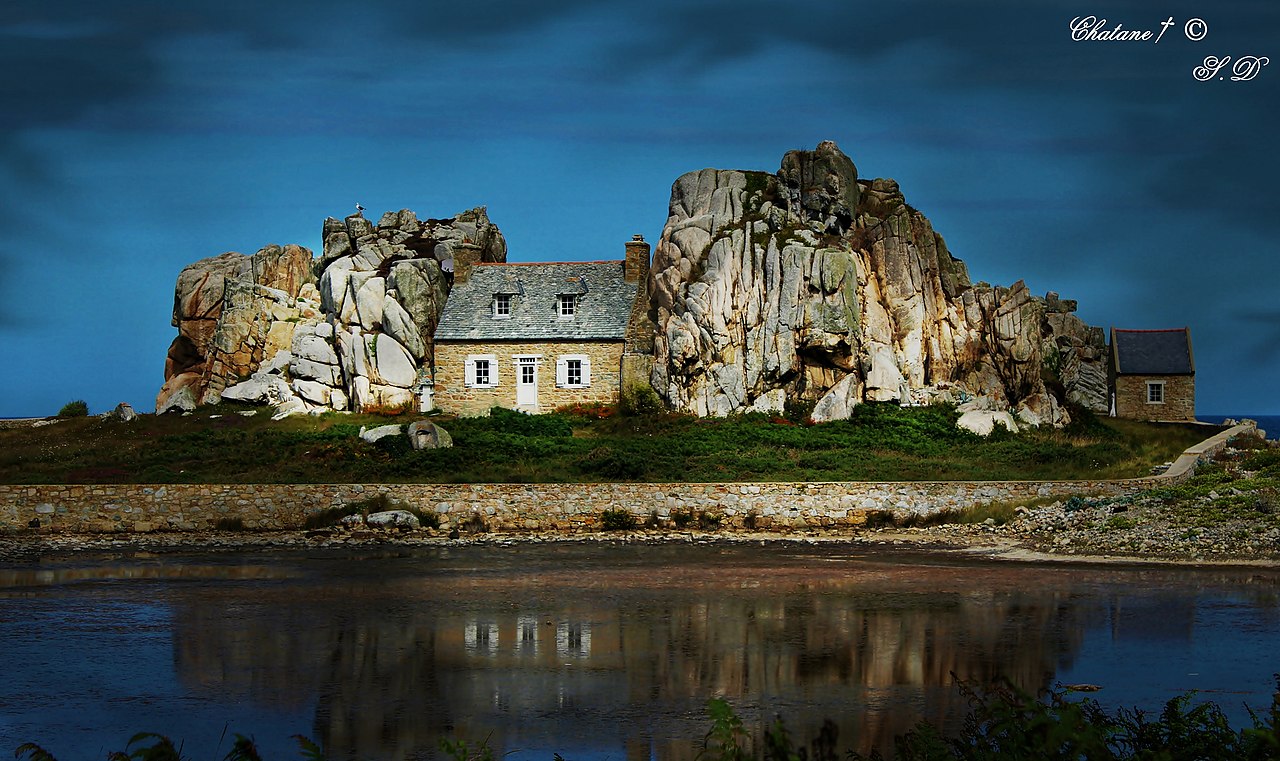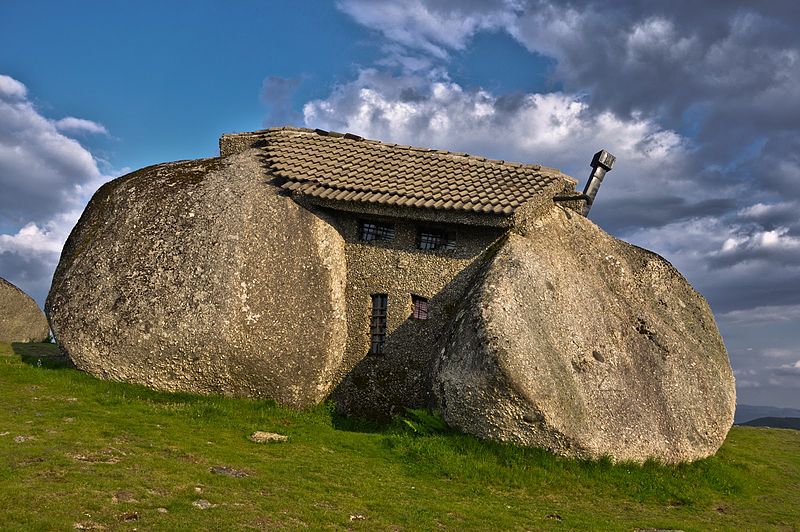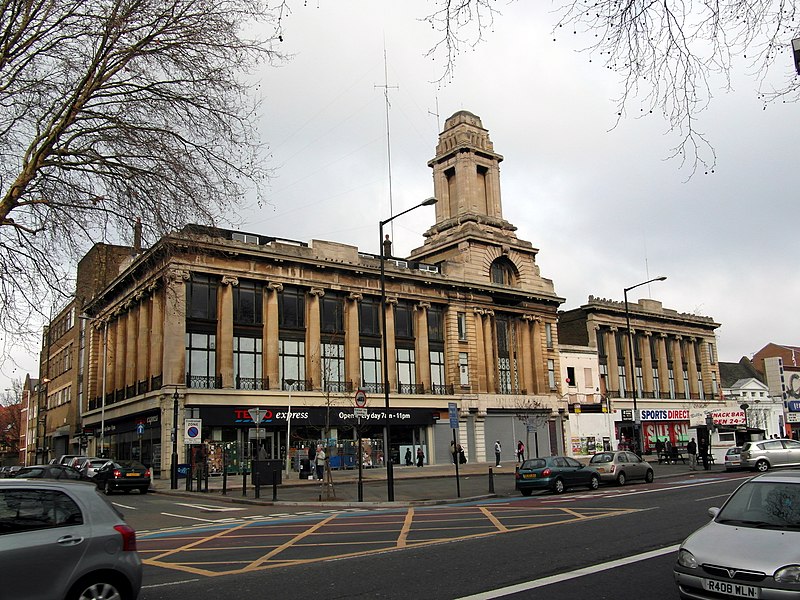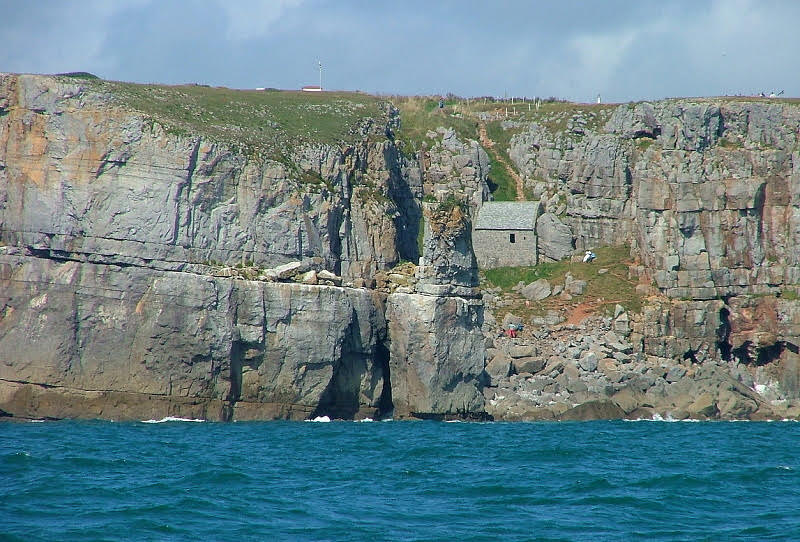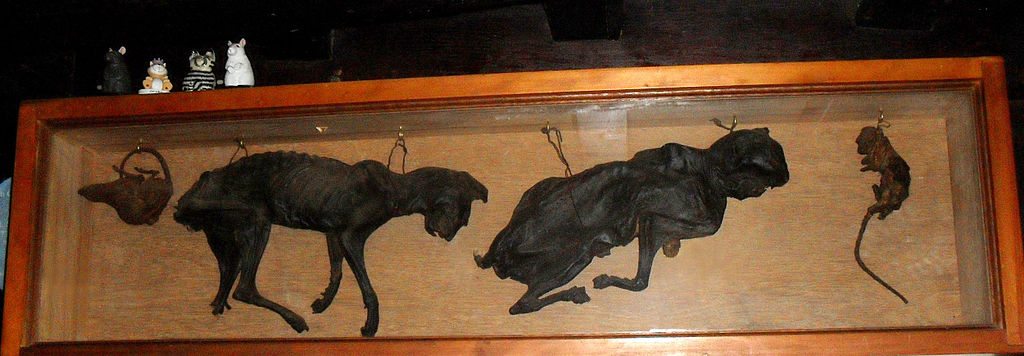
In order to protect new structures from harm, or to bring good luck, some European cultures used to conceal the bodies of cats on the premises, inside hollow walls, under floorboards, or in attics. The two shown here were discovered in the Stag Inn in Hastings, East Sussex, which was built in the 16th century. Sometimes the animals have been posed with prey, as here, but happily it appears that they weren’t walled in while still alive; in some cases they’ve been found in places that they couldn’t possibly have reached on their own.
I wonder if this practice explains a couple other instances that I’ve come across over the years. The Guildhall Library has some further examples.

